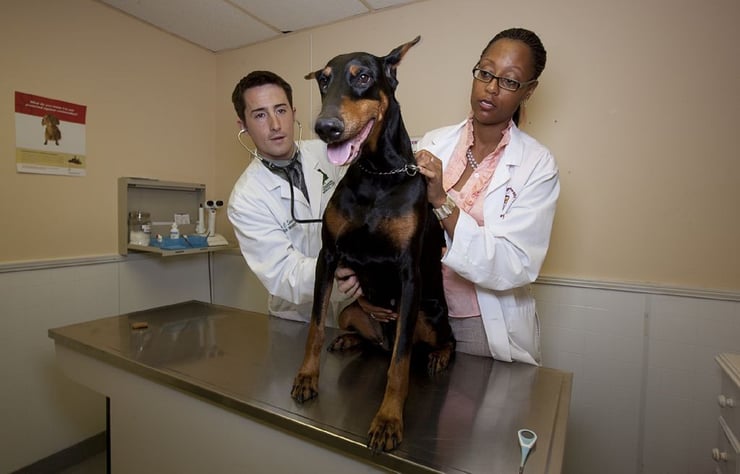5 Steps to Owning Your Own Practice Right Out of Residency
The medical and dental fields are vast in nature, and both offer incredible freedom as it relates to career options. And as a soon-to-be or recent graduate of medical or dental school, your mind is likely full of ideas as it relates to what you want to do next.
One of those ideas might center on practice ownership. However, is practice ownership even possible right after graduation and as a starting off point?
Our team says indeed it is—and here are some steps to take so you can own your own practice right out of residency.
The Path to Practice Ownership
Follow these steps if you are interested in pursuing practice ownership after your medical or dental residency.
- Make Plans Early—Like, Right Now. Ultimately, the earlier you start planning, the easier the process becomes. Don’t wait until you finish your residency to think about what’s next. Many doctors and dentists who started their own private practice began planning about a year before their residency ended. We recommend working with a company like LenDrgroup or consulting with an experienced physician on the ins and outs of practice ownership. You will want to learn about what comes with practice ownership, including processes surrounding financing, real estate acquisition, working capital, and the like.
- Develop Medicine Business Acumen. You went to medical or dental school—but haven’t pursued business school… at least not yet. Realize that as a practice owner, you take on all of the responsibility and liability associated with also being a business owner. It is not enough that you are a board-certified physician or dentist. Therefore, learn about the pitfalls and challenges of establishing and keeping a business, and get a thorough idea of what your day-to-day will look like. Make sure you learn about start-up and operating costs, financial management and P&L, insurance providers, staffing and team leadership, advisors you need (CPA, lawyer, bookkeeper, etc.), vendor management, and contract negotiations… just to name a few.
- Get Involved in the Business Process. Business ownership is not a spectator sport, and you must prepare to be involved in almost every important aspect or decision associated with your practice. This means establishing key relationships with other physicians, consultants, vendors, and other potential stakeholders who could serve as a resource to you.
- Build a Quality Team. No business owner is an island—and you must identify, onboard, develop, and retain a high-quality staff. Ensure you have administrative managers and enough staff to effectively run the practice while also serving patients—these people will save you time and allow you to use the skills you acquired in medical or dental school. Having a team you can trust will protect your practice from any mismanagement scenarios and financial snafus.
- Establish a Solid Foundation. Develop a business plan as well as policies and operational procedures. This is a critical success factor because it won’t matter how much business your clients bring you, if your internal staff doesn’t reflect the state of your business, there is a high chance you will implode.
Partner With LenDRgroup Consulting
Another important step is to have a strategic business partner who can guide you and advise you—and who knows the business behind healthcare practice ownership.
LenDRgroup Consulting can be that partner. We only work with healthcare professionals and have helped countless professionals launch, grow, manage, and sustain their practices, both in the short and long-term. We would welcome the opportunity to speak about your practice ownership goals, and help you get off to the right start.
Set up a consultation with us today. We are eager to talk with you.



